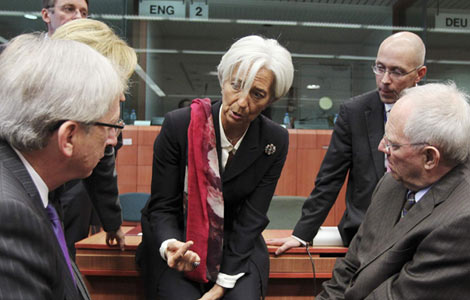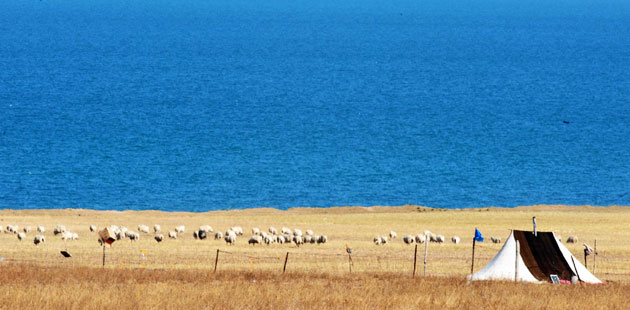China keeps pushing for more trees in cities
Updated: 2011-10-23 08:01
By Cang Wei (China Daily)
|
|||||||||||
NANNING - China will continue to make great effort in expanding its urban forest coverage and cooperate more effectively with other countries, senior forestry officials said on Saturday.
"China's forest coverage rate in urban areas has reached 38.22 percent, and its per capita green area is 10.66 square meters now, due to an urban forest development plan initiated in 2004," said Zhao Shucong, vice-director of the State Forestry Administration.
Zhao announced the figures at the China-ASEAN urban forest forum, held over the weekend in South China's Guangxi Zhuang autonomous region.
He also said China is willing to share its experience in developing urban forests with other countries, including how to promote publicity and public awareness, the leadership role of the government in organization and management, and the role cities play in developing urban forestry successfully.
China is also eager to learn from the experiences of other countries, he said.
Nanning, the capital city of the autonomous region, was awarded the honorary title "National Forestry City" on Saturday, to set an example for other Chinese cities to follow.
As a city that has attached great importance to forestation and ecological construction, Nanning has achieved forest coverage of 43.65 percent, with a per capita green area of 12.95 square meters, said Chen Zhangliang, vice-chairman of the autonomous region.
China and ASEAN countries also approved the Nanning Statement on urban forestry, enhancing cooperation of the region to promote green and low-carbon city development.
The statement urges more citizens to get close to nature, and highlights the scientific and healthy development of urban trees.
Though China's forest coverage has reached 196 million hectares, with the urbanization rate reaching 49.68 percent China still has a long way to go in ecological development compared with many developed countries, the State Forestry Administration said.
Hot Topics
Libya conflict, Gaddafi, Oil spill, Palace Museum scandal, Inflation, Japan's new PM, Trapped miners, Mooncake tax, Weekly photos, Hurricane Irene
Editor's Picks

|

|

|

|

|

|







